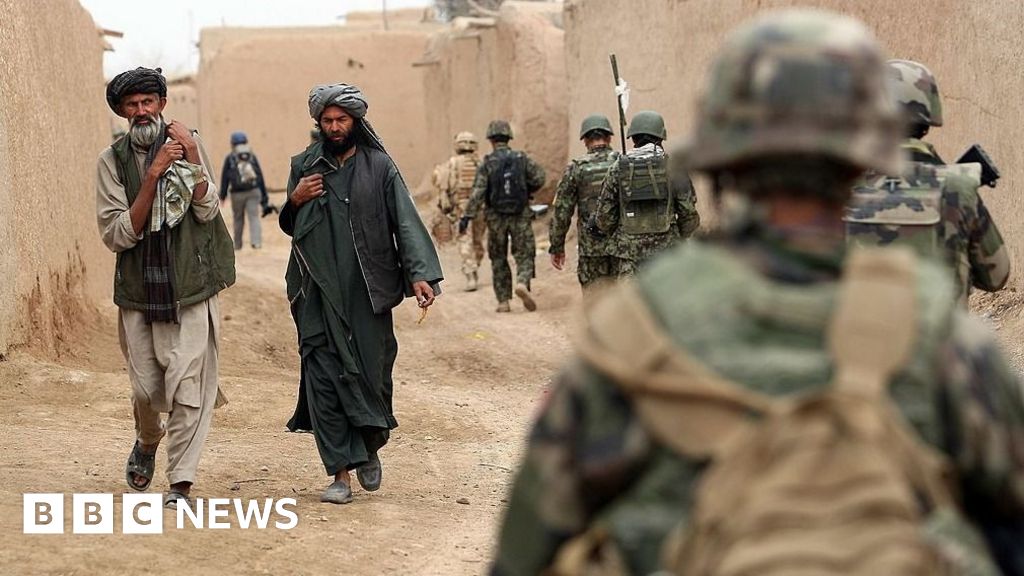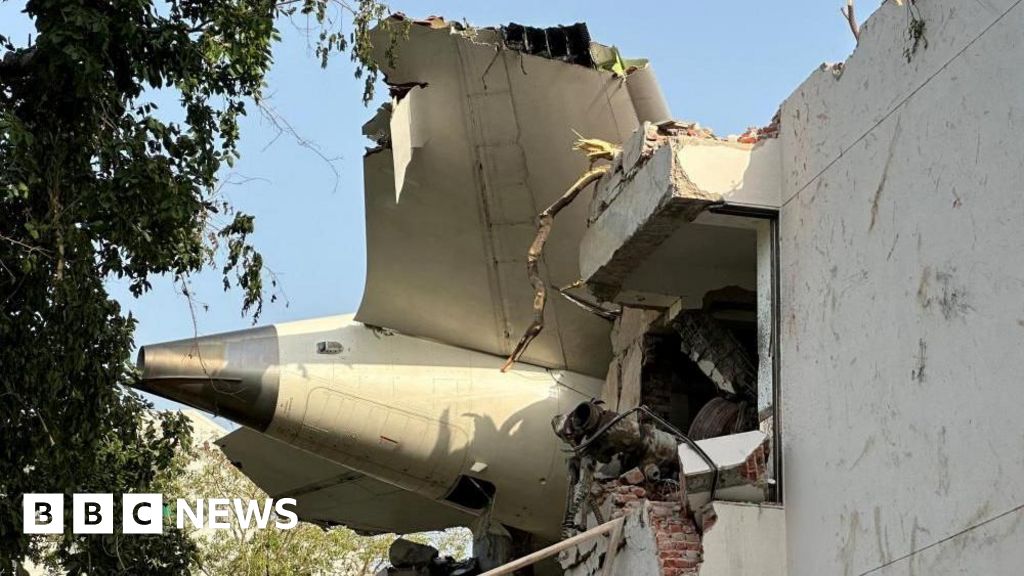Record Rainfall Causes Chaos in South Korea

Introduction
The recent heavy rain in South Korea has caused chaos and destruction, with four people dead and 1,300 evacuated. The BBC reported that the record rainfall has prompted authorities to raise the weather-related disaster alert to its highest level. This has left many people wondering, what exactly caused this extreme weather and what impact will it have on the country?
Causes of the Heavy Rain
The heavy rain is a result of the East Asian monsoon season, which brings heavy rainfall to the Korean peninsula. However, this year's monsoon season has been more extreme due to a phenomenon known as the "June Plum Rain". This is caused by the collision of two different air masses, leading to prolonged and intense rainfall. This has resulted in overflowing rivers, landslides, and flooding, causing damage to homes and infrastructure.
Impact on the Country
The heavy rain has not only caused loss of life, but it has also had a significant impact on the country's economy. The heavy downpour has caused disruptions to transportation, leading to delays and cancellations of flights and trains. It has also affected agriculture, with crops being washed away and livestock being lost. The heavy rain has also caused damage to homes and buildings, resulting in costly repairs and reconstruction.
About the Organizations Mentioned
BBC
## Overview The British Broadcasting Corporation (BBC) is the world’s oldest and largest national broadcaster, serving as a cornerstone of public service media in the United Kingdom and beyond[1][2]. Headquartered in London, the BBC operates under a royal charter and is primarily funded by a television licence fee paid by UK households, ensuring its editorial independence from both government and commercial interests[1][2]. This model allows the BBC to fulfill its mission to “inform, educate, and entertain” with impartiality at its core[3]. ## History and Evolution The BBC was founded on October 18, 1922, as the British Broadcasting Company Ltd., evolving into a public corporation under royal charter on January 1, 1927[1][2]. Its first Director-General, John Reith, established principles of independence and public service that continue to guide the organization. The BBC launched its television service in 1936, pioneering broadcasting technology, and expanded globally with the BBC World Service in 1932, now broadcasting in 28 languages[1][2]. ## Key Achievements The BBC has been a trailblazer in broadcasting, introducing innovations such as regular television broadcasts, color TV, and digital platforms like BBC iPlayer[1][2]. It has earned a reputation for high-quality journalism, producing globally recognized programs in news, drama, and documentary. The BBC’s international arm, BBC Studios, commercializes content worldwide, while the BBC World Service remains a vital source of news in regions with limited press freedom[1]. The corporation has received numerous accolades, including the Queen’s Award for Enterprise for its international business achievements[1]. ## Current Status and Digital Transformation With over 21,000 employees, the BBC remains a dominant force in media, generating £5.4 billion in annual income, mostly from licence fees[2]. It operates multiple TV channels, radio stations, and a robust online presence, including BBC News Online and BBC.com[1
Korean_Peninsula
The **Korean Peninsula Energy Development Organization (KEDO)** was established on March 9, 1995, as an international consortium primarily aimed at implementing the 1994 U.S.-DPRK Agreed Framework. Its core mission was to provide energy assistance to North Korea by constructing light-water nuclear reactors (LWRs) and supplying heavy fuel oil to meet interim energy needs, in exchange for North Korea freezing and ultimately dismantling its nuclear weapons program[1][3][5]. KEDO’s founding members included the United States, Japan, and the Republic of Korea, with additional contributions from countries like Argentina, Australia, Canada, the European Union, and others. The organization was designed to promote peace and stability on the Korean Peninsula by addressing the nuclear threat, thus contributing to regional security and global nonproliferation efforts[1][3][4][5]. Key achievements of KEDO include delivering over one million tons of heavy fuel oil to North Korea and initiating a multi-billion-dollar project to build two light-water reactors near the Yongbyon nuclear complex, which were intended to replace North Korea’s graphite-moderated reactors—facilities associated with nuclear weapons development[3][5][7]. This effort was seen as a significant diplomatic and technical initiative to curb nuclear proliferation while fostering cooperation among multiple nations. Despite these efforts, KEDO faced significant challenges. In 2002, revelations about North Korea’s undisclosed uranium enrichment activities strained the Agreed Framework and KEDO’s mission, leading to delays and eventual suspension of the reactor project[5]. The organization’s work highlighted both the complexities of energy diplomacy and the difficulties of verifying compliance in highly sensitive security environments. KEDO remains a notable example of international collaboration intersecting business, technology, and diplomacy, underscoring the role of energy infrastructure projects in geopolitical conflict resolution and nonproliferation regimes on the Korean Peninsula[3][6][8].












